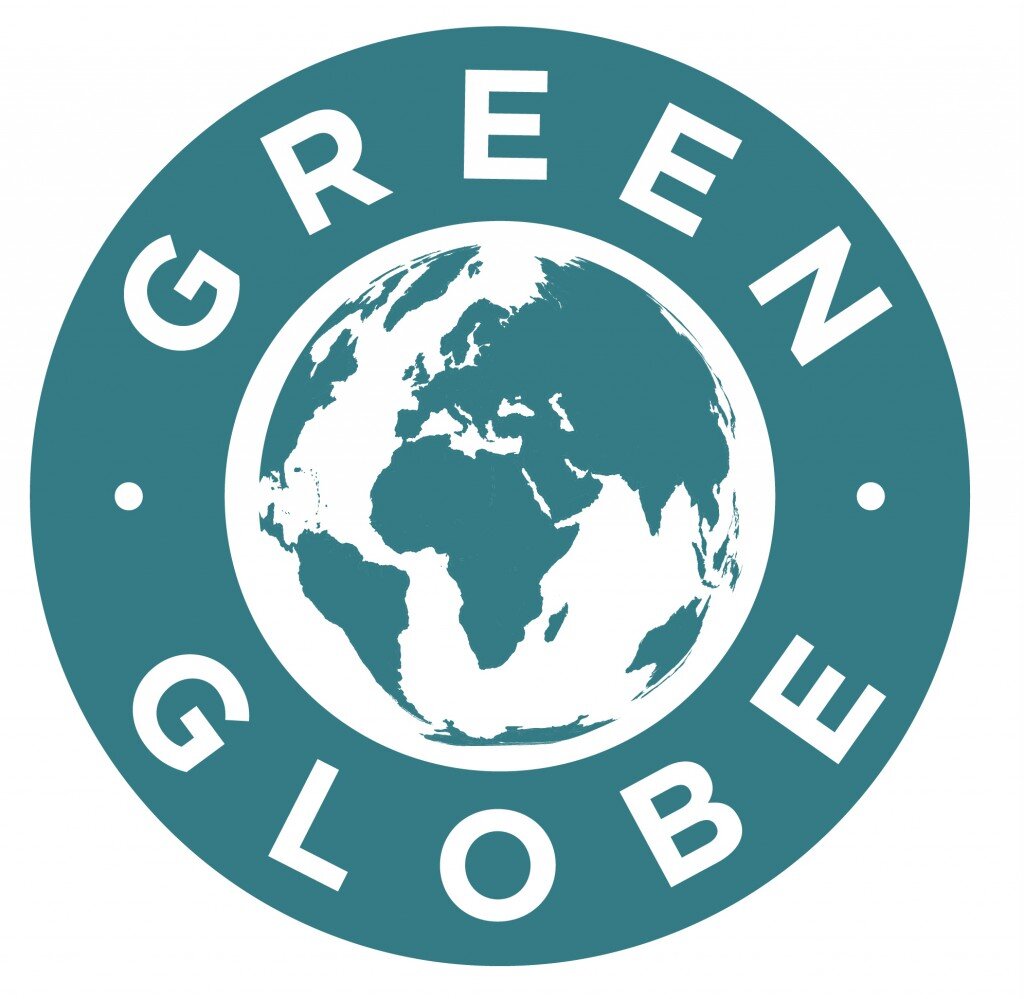Bucuti & Tara Resort Aruba: Waste Management
Based on 2019, the last full year of pre-COVID-19 levels, those fees were US $11,306 versus US $19,684 if the property did not have a strong, efficient reduce, reuse, recycle program in place.
Bucuti & Tara has a 97 percent plus year-round occupancy, pre-COVID. The property diverts 65 percent of its waste from the landfill. This drastically saves on methane and CO2 emissions while also decreasing costs. By managing the waste sustainably, the resort saves 42 percent in waste management fees annually. Based on 2019, the last full year of pre-COVID-19 levels, those fees were US $11,306 versus US $19,684 if the property did not have a strong, efficient reduce, reuse, recycle program in place. A key component of this includes bulk purchasing with a commitment for purchasing all that is possible locally. Containers are optimized, there is less packaging, less transportation emissions and overall, less costs along the supply chain.
Another area to visit is food waste. The mentality of delivering an oversized portion has proven dangerous. Obviously for health and safety reasons, however, most of the unconsumed food cannot be donated. In 2016, after tracking and learning that 30 percent of food from plated meals was unconsumed along with urging from guests (yes, it is true – just survey your guests), Bucuti & Tara's Elements restaurant reduced portions to be more sensibly sized. Think: going from American-sized portions to European sizing. Not only did we reduce food waste, it reduced food costs, carbon emissions from transporting the unneeded food, energy use and water use.
Food waste is normally 20 to 30 percent of the weight of garbage destined for landfills. This all factors into reducing your carbon footprint. Another key aspect of the resort's handling of food waste is that it is donated to farmers. This partnership lengthens the use of the food and decreases Bucuti & Tara's disposal fees.
Soon after, Bucuti & Tara partnered with the World Wildlife Fund and further reduced food waste by another 30 percent. Food waste separation bins and continual training helped staff better understand waste within the supply chain that leads to both environmental and economic loss. To prove this did not take away from guest satisfaction, Bucuti & Tara continues to be the No. 1 Hotel in the Caribbean with Elements restaurant as the one of the top restaurants in the Caribbean (both from Tripadvisor) and No. 1 Restaurant in the Caribbean (USA TODAY).
In a recent CNN video, it revealed that according to the EPA, animal agriculture accounts for 14.5 percent of the planet's greenhouse gas emissions – even higher than transportation, which accounts for 14 percent. By increasing your hotel restaurant's plant-based offerings, you can decrease your carbon emissions as a plant-based diet emits as much as 70 percent less than a traditional diet. Focusing on local ingredients and celebrating local dishes, you can decrease emissions from transportation, support your local economy and save money since plant-based offerings, particularly those that are not heavily processed, are traditionally less expensive than conventional diets.
Another area to revisit is toiletries. This has made headlines in the past couple of years. Those individual bottles of shampoos, conditioners and soap are not only a sustainability nightmare, but they unnecessarily drive up costs therefore depriving your bottom line. For comparison, Bucuti & Tara buys locally produced products with Aruba-grown aloe, purchased in bulk. By using refillable dispensers, in 2019, Bucuti & Tara spent only US $10,500 on these toiletries versus individual bottles that would have cost US $50,600 – a savings of 79 percent! Additionally, there are transportation savings by not procuring these products off island.


